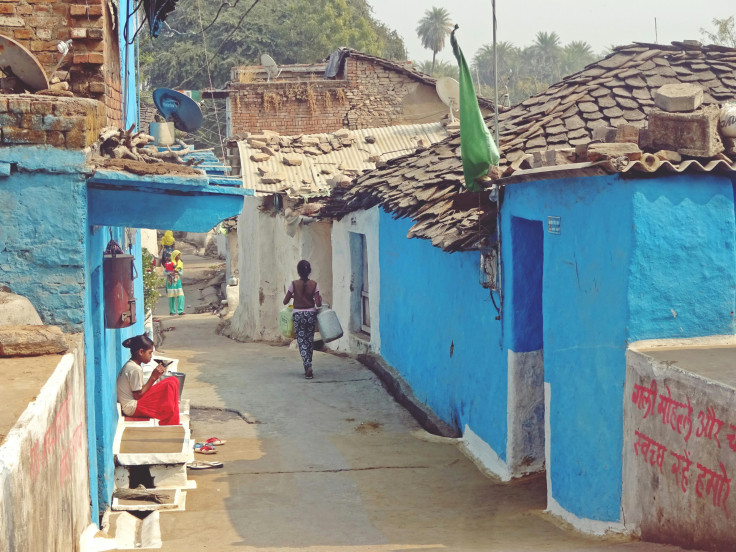Man Reported 'Missing' By Family Beheads Five-Year-Old Indian Boy in Unprovoked Attacked
Attacker identified as 25-year-old Mahesh, later killed by villagers after the assault

A five-year-old boy has been killed in a violent attack inside his home in Madhya Pradesh, India. Police say the child was beheaded in front of his mother by a man who had no known connection to the family.
The incident happened in a village in Dhar district on 26 September. Witnesses say the assailant entered the house uninvited, attacked the boy with a sharp tool and injured his mother as she tried to intervene. Neighbours arrived after hearing her cries and restrained the suspect.
According to press reports, his family had reported him missing for several days before the killing. Hours earlier, neighbours claimed he had attempted to steal from a shop in the village.
The attacker later died from injuries sustained when he was beaten by villagers. Authorities say the case is under investigation and has drawn national attention in India, with questions raised about mental health provision, rural policing and community safety.
The Intrusion
Police have identified the suspect in local reports as Mahesh, aged 25. He is alleged to have picked up a spade-like tool lying inside the house and used it to kill the child. The mother sustained injuries during the struggle but survived, according to NDTV.
Dhar Superintendent of Police Mayank Awasthi called the case 'extremely heartbreaking' and confirmed a post-mortem has been ordered to determine the exact cause of the suspect's death. Investigators are gathering witness testimony and other evidence to establish how the assault unfolded.
Suspect's Mental Health
Officials say the man was not known to the victims and there was no prior dispute. Authorities are investigating whether the suspect had a history of mental illness or behavioural issues. Police sources have said early indications suggest instability, though no medical records have yet been confirmed. The case has renewed discussion about the lack of psychiatric services in rural areas, where treatment and support are often limited.

Reaction and Investigation
The attack has provoked shock across the region. Villagers who intervened have been praised for stopping the assault, though the mob beating that led to the suspect's death has raised concerns about vigilante justice.
Police have opened multiple investigations, covering the killing of the child, the circumstances of the suspect's death and wider security lapses. A judicial inquiry has been launched, and officials are reviewing surveillance footage and mobile phone records as part of the inquiry.
Child protection groups have urged authorities to strengthen rural policing and create mental health crisis response units. Campaigners warn that isolated villages remain vulnerable to sudden, violent intrusions and that families lack adequate support when emergencies arise.
Broader Implications
Opposition leaders in Madhya Pradesh have criticised state authorities, accusing them of failing to provide effective policing in remote communities. Civil society groups have also pressed for more resources to address untreated mental health conditions, particularly in rural districts.
The killing has left the family and local community devastated. For investigators, the focus now is on building a clearer picture of the suspect's background and mental state. For policymakers, the case highlights the urgent need to address gaps in mental health care, law enforcement and community protection in India's villages.
© Copyright IBTimes 2025. All rights reserved.





















